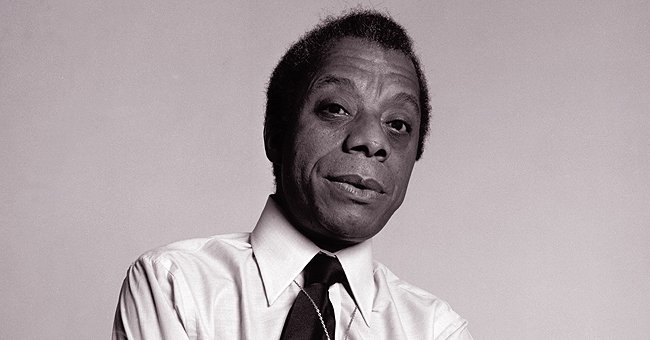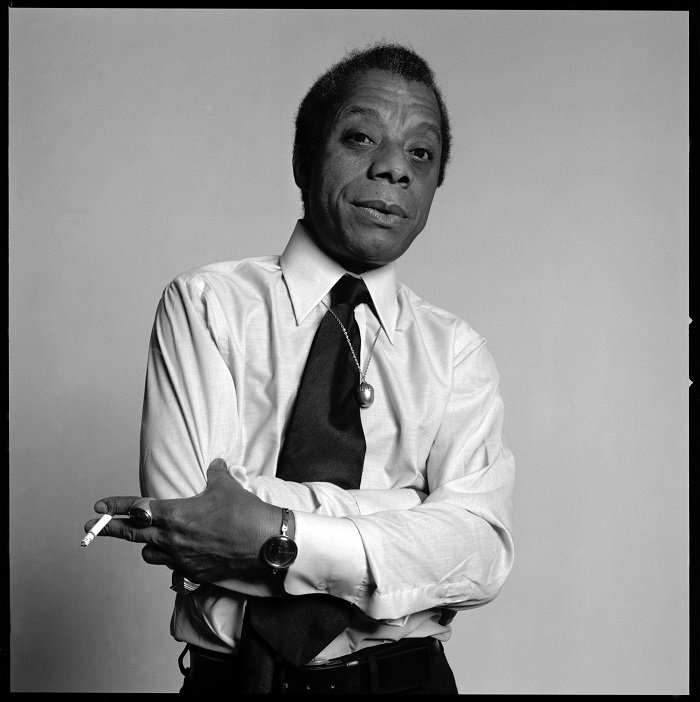
Remembering American Novelist James Baldwin — Interesting Facts about His Life
The writer’s essays and novels have gotten more attention since recent protests against racism broke in the United States. His thoughts about the American civil rights movement spread all over his work.
Essayist, playwright, and novelist, James Baldwin is considered one of the great writers of the past century. Best known for his essays, “Notes of a Native Son” and “The Fire Next Time,” he explored racial, social, and sexual diversity issues throughout his works.

American author James Baldwin (1924 - 1987), New York, New York, 1975. | Image: Getty Images
Though he did not consider himself to be an activist, his novels and essays are filled with his own experience as a Black man living in a society where racism expanded in almost every circumstance, so he became a leading critical voice on American civil rights issues.
HIS LIFE
Born from a single mom on August 2, 1924 in Harlem New York, Baldwin developed an interest in reading and writing since he was very young, as he worked on the school’s magazine. During those years, he published poems and short stories, showing his talent on the craft early.
Though he wanted to go to college and be a writer, he had to work right after finishing high school to support his family. During this time, he started to face discrimination first hand.
In 1943 he moved to Greenwich Village, an artist neighborhood in NYC where he met and befriended writer Richard Wright. Wright helped him get a fellowship and then he published short stories and essays in national periodicals.
RACIAL VOICE
Around 1948, he moved to Paris where his prolific career started to blossom since he felt the freedom to write on issues regarding his own background.
In 1953, he published his first novel, “Go Tell It on the Mountain” which is an autobiographical story exploring his experience with his Baptist minister stepfather.
After a Guggenheim Fellowship he received the following year, he published “Giovanni’s Room,” a novel that talks about homosexuality, a taboo those days. Years later, he also explored the topic in “Just Above my head” (1978) and exposed interracial relationships in “Another Country” (1962).
Baldwin also wrote playwrights that were performed in Broadway, but it was his essays, “Notes of a Native Son” (1955) and “Nobody Knows My Name: More Notes of a Native Son” (1961) among many others, that made him a reference in literature.
Though he started out focusing on literature, he was not able to ignore the political and social time he was living in, thus, until his death on December 1, 1987, he produced a long list of works uncovering and criticizing racism in society.
In 1968, he presented Martin Luther King Jr. for a speech at a time when there were pressures on the leader from radical parties.
INFLUENCE TODAY
After recent anti-racism strikes all over the U.S., Baldwin’s work gained popularity once more though his work has always been a reference for artists and researchers.
The 2016 documentary film “I Am Not Your Negro” directed by Raoul Peck is based on Baldwin’s unfinished manuscript. On the author’s work, Peck wrote:
“He exposed the underlying causes of violence in this country, and he would have continued to do so, year after year, one uprising after another, were he still alive today.”
Eddie S. Glaude, an African-American Studies professor at Princeton University also published his book, “Democracy in Black,” in 2016.
In it, Glaude insists that Baldwin’s work should be used more as “guidance and instruction” rather than only inspiration since a year after year his critics became harder on society.
